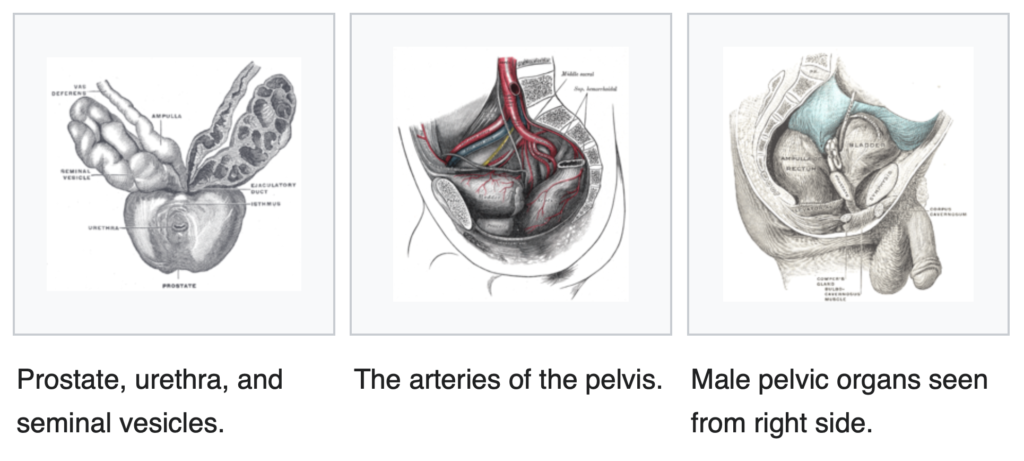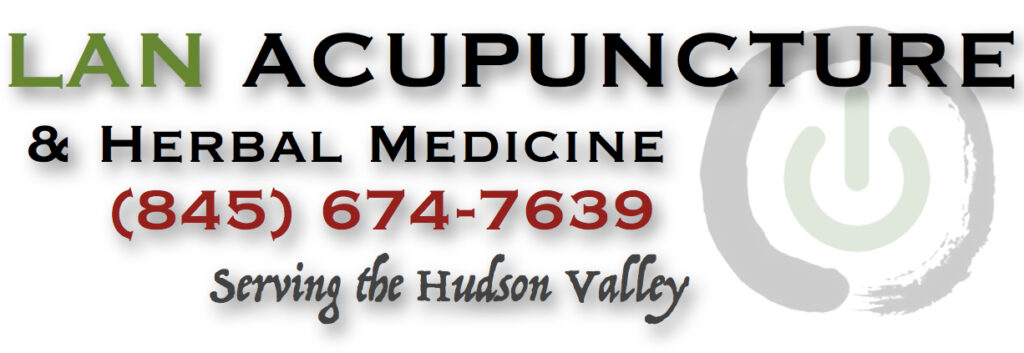[retweet][facebook]
Acupuncture alleviates prostatitis and reduces relapse rates. Jiujiang Hospital of Traditional Chinese Medicine researchers compared usual pharmaceutical treatment with acupuncture. The results show that acupuncture promotes local blood circulation, improves urethra and bladder function, and alleviates overall symptoms correlated with prostatitis.
Drug therapy produced significant results and limited the relapse rate to 10%. In an important discovery, acupuncture reduced the relapse rate to 3%, significantly outperforming the drug therapy group. At HealthCMi, this provokes an interesting question. What would the results look like in a combined therapy protocol? We look forward to research investigating an integrative medicine protocol.
In the study, National Institutes of Health Chronic Prostatic Symptom Index (NIH-CPSI) scores, Self-rating Depression Scale (SDS) scores, white blood cell counts in the prostatic fluid during routine examinations (EPS), norepinephrine (NE) content, and recurrence rates were compared between an acupuncture group and a drug therapy group. The efficacy levels were based on a 4-level scale:
- Recovered: symptoms disappeared, NIH-CPSI score decreased by over 90%
- Significantly effective: symptoms significantly relieved, NIH-CPSI score decreased by 60% to 89%
- Effective: symptoms relieved, NIH-CPSI score decreased by 30% to 59%
- Ineffective: symptoms persisted or aggravated
In the drug therapy group, 27 cases recovered, 15 were significantly effective, 10 were effective, and 8 were ineffective. In the acupuncture group, 44 cases recovered, 10 were significantly effective, 4 were effective, and 2 were ineffective. The results show that acupuncture significantly outperforms the prescribed drug therapy protocol.
Notably, the NIH-CPSI score dropped from 26.13 ±6.21 to 10.27 ±5.29 in the acupuncture group while the control group showed a smaller decline from 27.15 ±6.26 to 15.42 ±6.19. The WBC and NE in the acupuncture group lowered more than in the drug therapy group. Also, the relapse rate we noted earlier of 3% in the acupuncture group was significantly lower than in the drug control group. The researchers note that acupuncture safely activates blood flow in the affected area, reduces inflammation, and reduces local pain.

The randomization appears within normal parameters for the investigation. The study used a sample of 120 patients admitted into the hospital from May 2019 to May 2020. The 120 patients were randomly categorized into a drug control group and an acupuncture group, with 60 patients in each group. For the drug control group, age range was 35 to 62 years. Mean age was 49.27 ±2.18 years. The course of disease ranged from 3 to 16 years and the mean course of disease was 8.26 ±1.35 years. For the acupuncture group, the age range was 34 to 63 years and the mean age was 50.12 ±1.37 years. The course of disease ranged from 3 to 15 years and the mean course of disease was 8.37 ±1.28 years.
The results demonstrate that acupuncture benefits patients with prostatitis. In addition, the acupoint selection is supported by the research. Based on the data, acupuncture is an important referral option for patients with prostatitis.
Excerpt from:
Prostatitis
